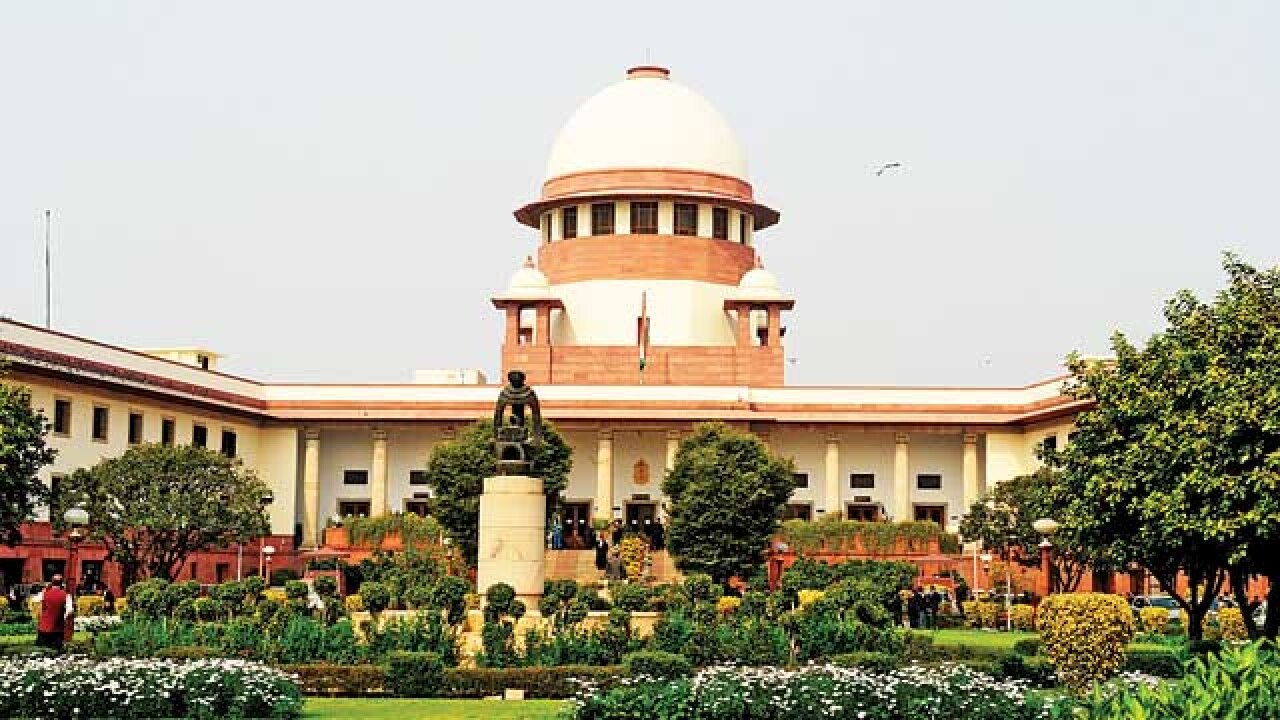
The Supreme Court order preventing Aircel from disposing of its spectrum and licences through a proposed merger with Reliance Communications is a befitting response to the its promoters disregarding Indian laws. Aircel is owned by Malaysian company Maxis, whose Indian origin promoter Ananda Krishnan has been chargesheeted by the Central Bureau of Investigation, in one of the 2G spectrum scam cases. He is accused of conspiring with former Union Telecom Minister Dayanidhi Maran, who abused his official position to allegedly coerce Aircel’s former owner C Sivasankaran to sell majority shares to Krishnan’s Maxis. In its chargesheet, the CBI alleged that Maran pocketed kickbacks of Rs 642 crore for facilitating the deal. Despite the 2G special court issuing multiple summons and warrants, Ananda Krishnan, a Malaysian citizen, did not appear.
Though the court is slated to frame charges, it will not be able to proceed with the trial against Krishnan unless he appears in person to defend himself. The merger would have created a Rs 65,000 crore telecom giant, allowed RCom and Airtel to transfer their debts to the new entity, and further capitalise on the deal by diluting their stakes. The Supreme Court stayed the sale and trading of the licences and spectrum noting that spectrum was a “very valuable resource” on which a lot of money could be made. The court noted that if that money was earned on account of fraud and Krishnan was not facing the legal process, “then we cannot allow that money to be earned by anyone”. The loudest criticism against the Supreme Court during the UPA-II years were that courts were hurting investment through judicial activism.
If judges have to look beyond the constitutionality and legality of cases and also factor in the fallout of their decisions, it is impossible for justice to be delivered. The Supreme Court judgment ruling that scarce natural resources must be auctioned raised a hue and cry from telecom operators and the power sector complaining that business would turn unprofitable and costs would increase for consumers. Nothing like that has happened and telecom and power tariffs have instead declined. If corporate malpractice is to be checked there is no better entity in India other than the judiciary. In a similar case of a company wanting to exit the country, a court seized the assets of Union Carbide Corporation which caused the Bhopal gas disaster and the proceeds from the sale went to setting up a super-specialty hospital. If Krishnan wants to save the Aircel-RCom deal, he must return and prove his innocence. India has several non-resident tycoons, and the SC order sends a tough message to those who evade the law.